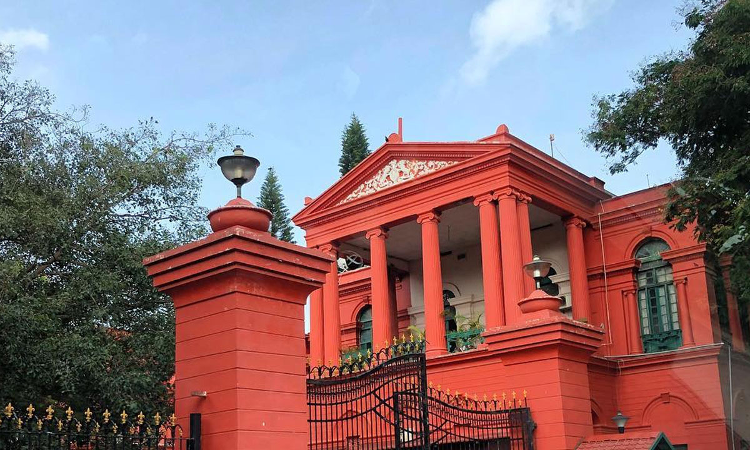Nominated Members Of Town Panchayats Cannot Vote In Legislative Council Elections: Karnataka High Court
Mustafa Plumber
15 Nov 2022 8:26 PM IST

Next Story
15 Nov 2022 8:26 PM IST
The Karnataka High Court has held that persons nominated as representative of the Government under Section 352(1)(b) of the Karnataka Municipalities Act, 1964 are not eligible to be included in the electoral roll of the Local Authorities Constituency for Karnataka Legislative Council polls. A single judge bench of Justice Hemant Chandangoudar, allowing a batch of petition challenging...
